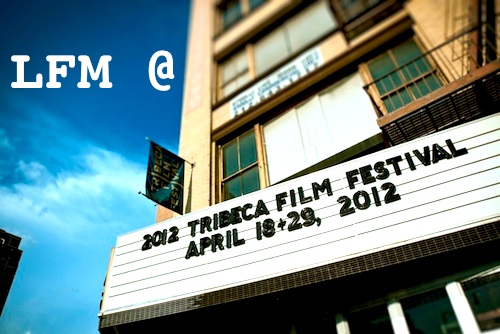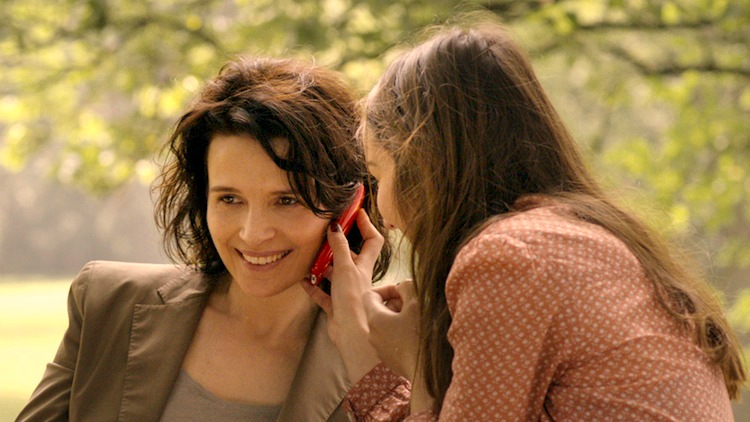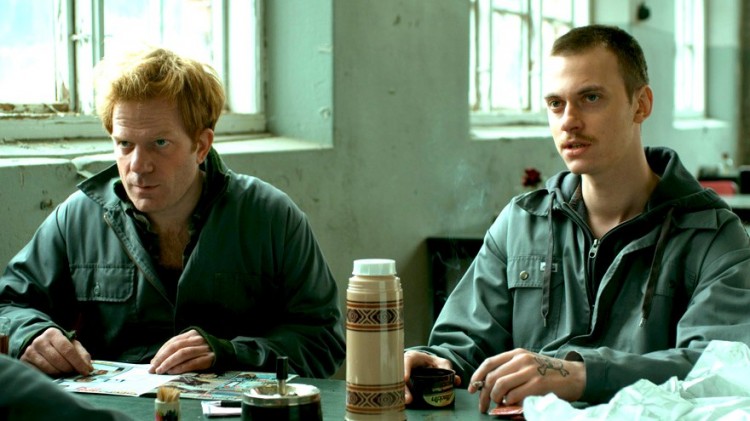By Joe Bendel. In 1962, Rudolf Nureyev made his post-defection American debut at the Brooklyn Academy of Music (BAM). However, the 1960’s would be a difficult decade for the performing arts institution. Still, it survived and eventually thrived, as James Sládek documents in BAM150, a portrait of the venue in its sesquicentennial year, which screened again today during the 2012 Tribeca Film Festival.
Originally founded to rival the concert halls of Manhattan, BAM had a difficult time establishing its own identity, notwithstanding the appearance of high profile artists such as Nureyev, Sarah Bernhardt, and even Mark Twain. It was more in the business of leasing space than producing performances when Harvey Lichtenstein took the reins of leadership in 1967.
During his tenure, Lichtenstein dramatically raised BAM’s stock through the somewhat contradictory strategies of institutionalizing the avant-garde and pursuing big name performers. Ironically, the economic growth of the 1980’s helped stabilize the venue despite the many theater pieces it staged protesting the very policies that made it all possible. However, it was nearly all undone by Lichtenstein’s disastrous attempts to establish a repertory company.
 BAM150 is a perfectly respectable survey of the hall’s history. Sládek has a nice approach to the material, smoothly blending moments of quiet, Wiseman-esque observation with more conventional talking head sequences. The combined effect gives audiences a pretty good feel for the rapidly expanding institution.
BAM150 is a perfectly respectable survey of the hall’s history. Sládek has a nice approach to the material, smoothly blending moments of quiet, Wiseman-esque observation with more conventional talking head sequences. The combined effect gives audiences a pretty good feel for the rapidly expanding institution.
After previously profiling Mark Kostabi, a somewhat dubious artist more famous than he should be, Sládek has shifted gears, shining a spotlight on an arts organization that ought to be more widely recognized. It is also a rather shrewd filmmaking decision, since his documentary is a lead pipe cinch to be screened at BAM’s Cinématek. Still, he faced a bit of a challenge, considering dance and theater performances are fleeting by nature. As a result, viewers must often settle for descriptions rather than video documentation. Fortunately, the quality of interview participants helps to compensate, including the likes of Steve Reich, Peter Brook, Alan Rickman, and Isabella Rossellini.
Clearly produced in a celebratory spirit, Sládek never pushes or prods his subjects into any news-making revelations, but he keeps it all moving along briskly. Most likely destined for an engagement at the BAM Cinématek and an eventual PBS broadcast life, BAM150 is basically pleasant and informative. Modestly recommended for proud Brooklynites and those fascinated by the performing arts world, BAM150 screened again tonight (4/28) as this year’s Tribeca Film Festival enters its concluding weekend.
LFM GRADE: B-
Posted on April 29th, 2012 at 10:40pm.



